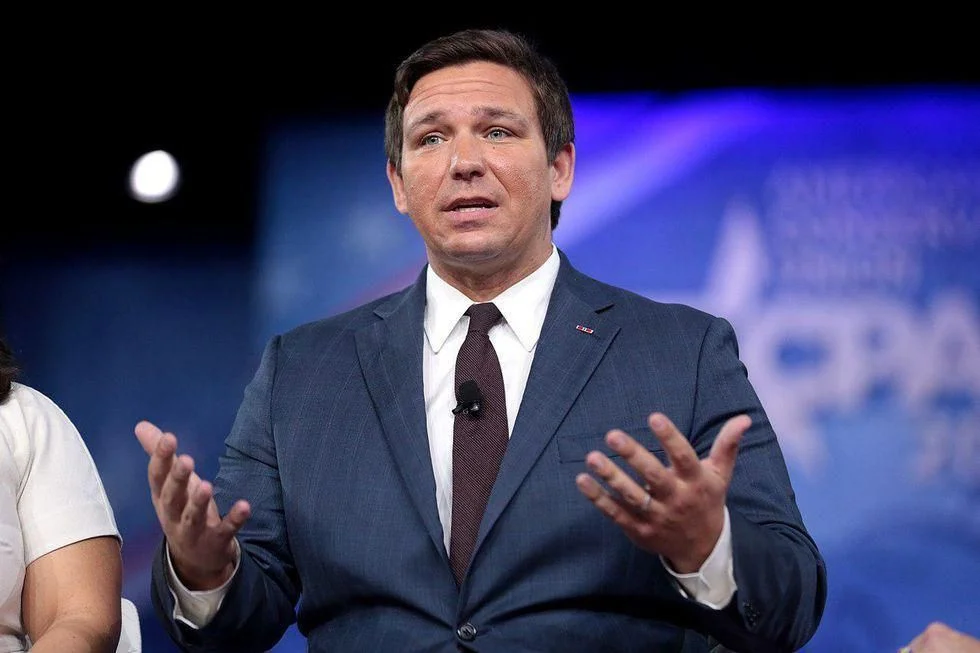Florida Governor Ron DeSantis faced significant setbacks in the recent school board elections held across the state. The elections, which took place on Tuesday, saw a majority of the candidates endorsed by DeSantis failing to secure victories. Despite his efforts to influence the direction of education in Florida, the results suggest a decline in his influence, especially compared to previous years.

The Governor’s Education Agenda
Governor DeSantis has made education a cornerstone of his political agenda, particularly focusing on controversial topics like race, sexual orientation, and gender in school curriculums. In the lead-up to the elections, DeSantis publicly endorsed 23 school board candidates, hoping to bolster support for his vision of education reform. However, the outcome of these races indicates that his agenda might not be resonating as strongly with voters as he had anticipated.
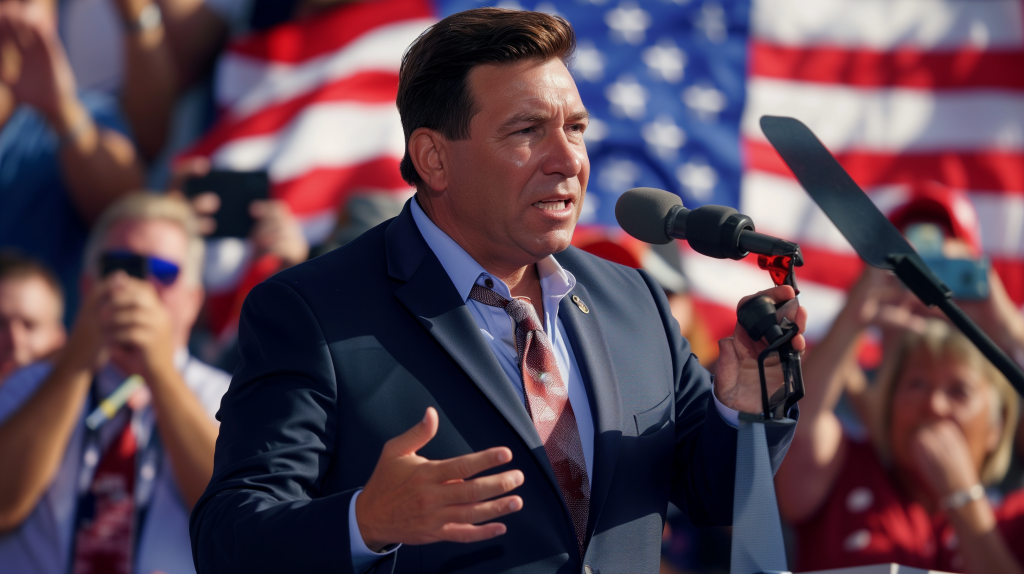
A String of Defeats
Out of the 23 candidates backed by DeSantis, only six emerged victorious. This is a stark contrast to the 2022 elections when he had more success with his endorsements. The losses were particularly notable in key counties like Pinellas and Hillsborough, where incumbents who opposed DeSantis’ policies managed to retain their seats despite his backing of their challengers.

Focus on Parental Rights
One of the central themes of the school board races was the debate over parental rights in education. This movement, which gained momentum during the COVID-19 pandemic, has now expanded to include concerns about how subjects like history and race are taught in schools. Despite DeSantis’ alignment with groups advocating for more parental control, the election results suggest that many voters are skeptical of his approach.
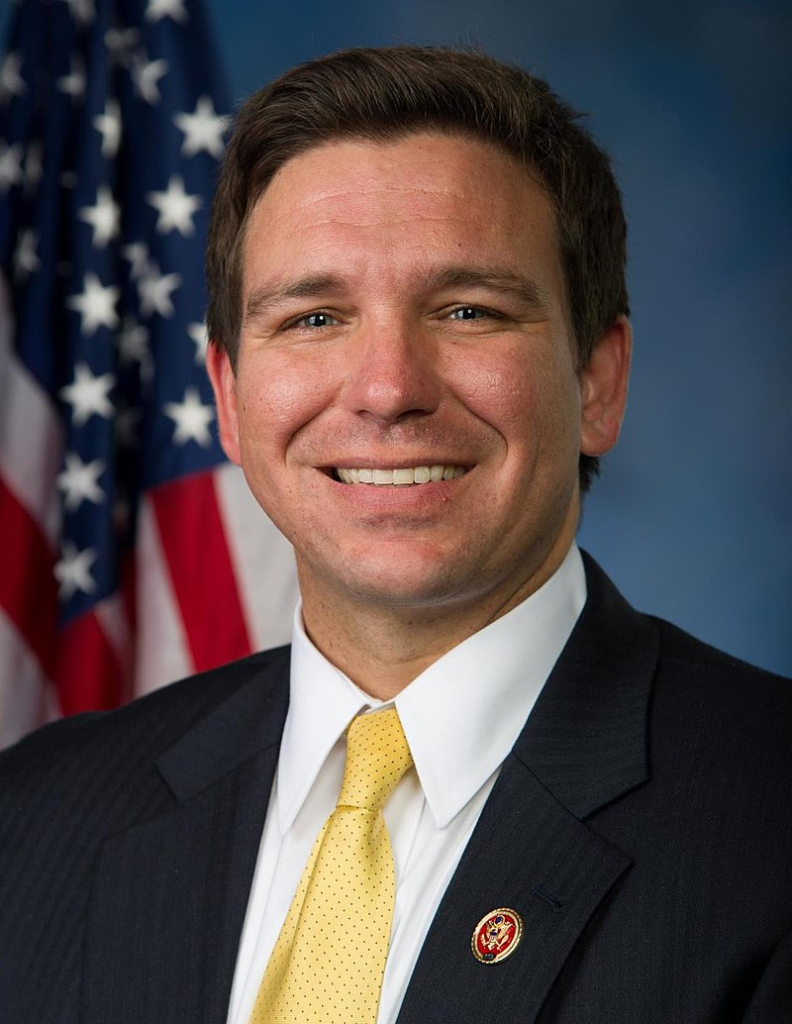
Reactions to the Results
The losses were met with a mix of reactions. DeSantis’ spokesperson, Jeremy Redfern, downplayed the defeats, highlighting the successes in certain districts like Duval County. Redfern emphasized that the governor was willing to engage in difficult races, even in traditionally Democratic areas, as part of a broader effort to shift the cultural landscape of Florida.

Democratic Gains
The Democratic Party of Florida, which endorsed 11 candidates, saw a more favorable outcome, with seven of their candidates winning their races. These victories were framed as a rejection of DeSantis’ policies, particularly in the context of book banning and the role of parents in education. The Democratic Party’s success in these races indicates a growing resistance to the governor’s influence on school boards.

Key Races and Runoffs
In several counties, the election results were close enough to trigger runoffs, which will take place in November. These runoffs will be critical in determining the final composition of the school boards and will likely be a focal point for continued political battles between DeSantis’ supporters and his opponents.
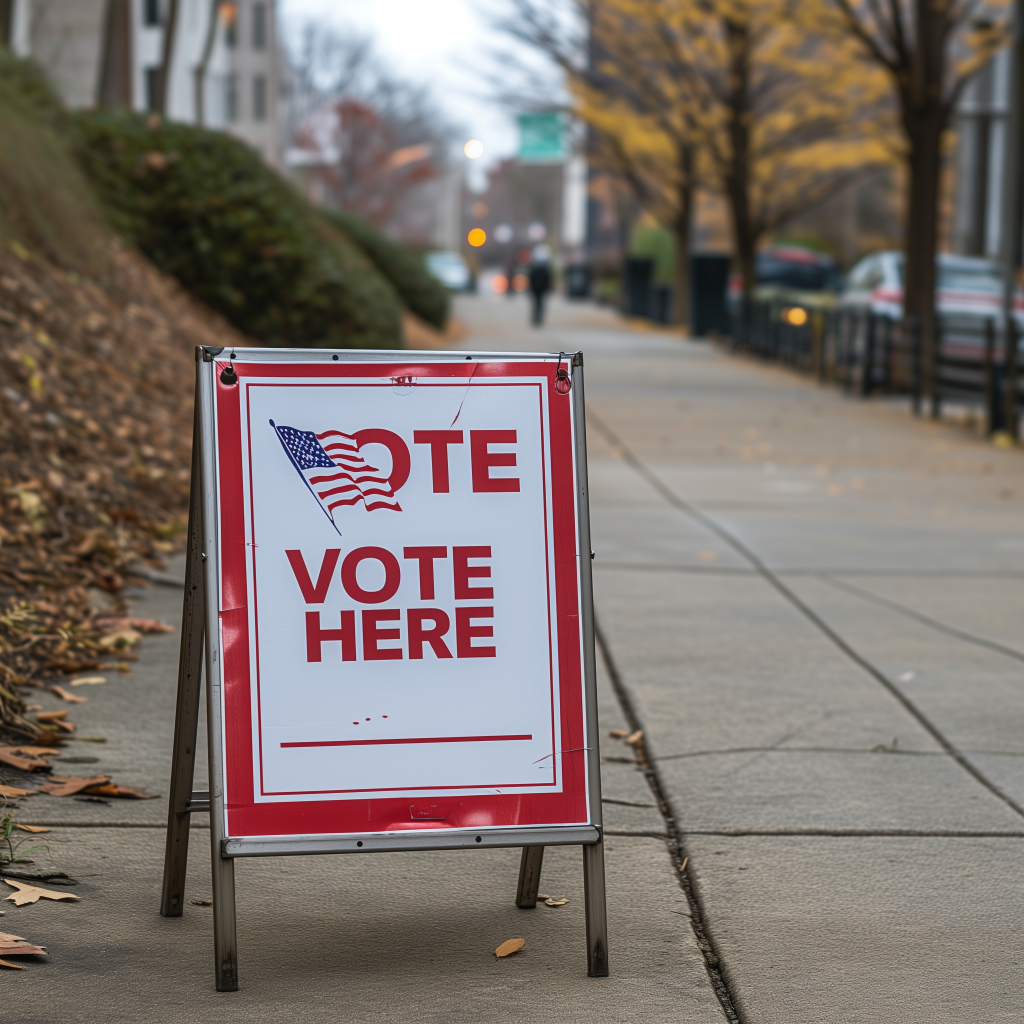
Historical Context
DeSantis’ setbacks in these elections mark a significant shift from the previous election cycles, where he was able to leverage his popularity to shape the state’s political landscape. His declining influence in the school board races could signal broader challenges for him as he navigates the political landscape following his withdrawal from the 2024 presidential race.

Impact on DeSantis’ Legacy
The recent election results could have lasting implications for DeSantis’ legacy in Florida. His aggressive approach to reshaping the state’s education system has been a defining feature of his governorship, but the defeats suggest that his vision may not be as universally accepted as he once believed. This could impact his political capital as he continues to govern and possibly seek higher office in the future.
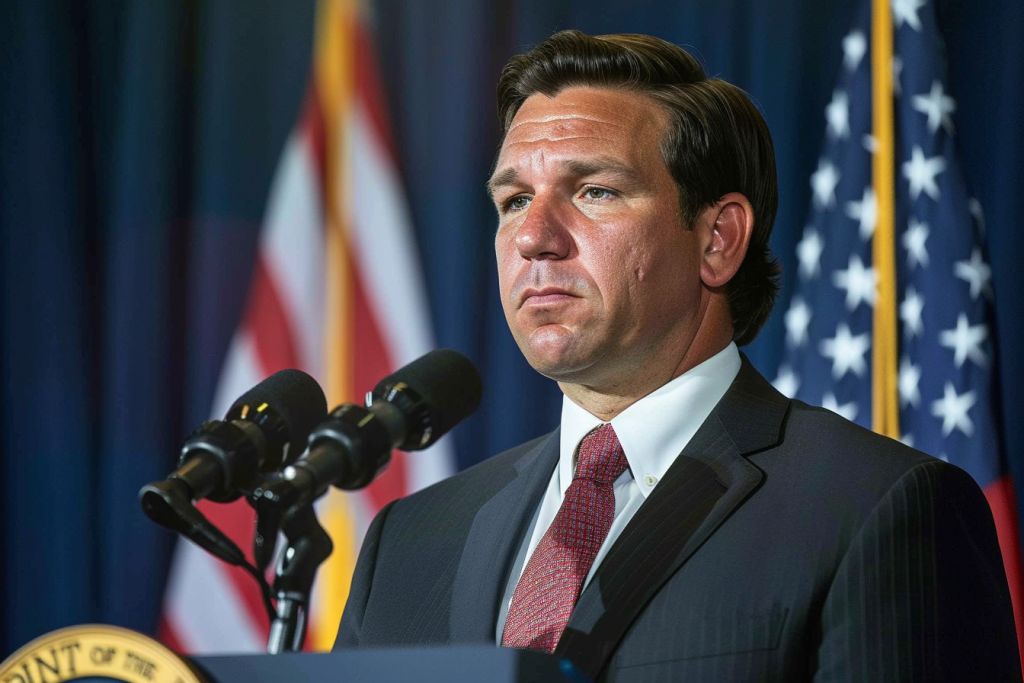
As the November runoffs approach, both DeSantis and his opponents will be watching closely. These elections will not only determine the final outcomes for the school boards but also provide further insight into the evolving political dynamics in Florida.

